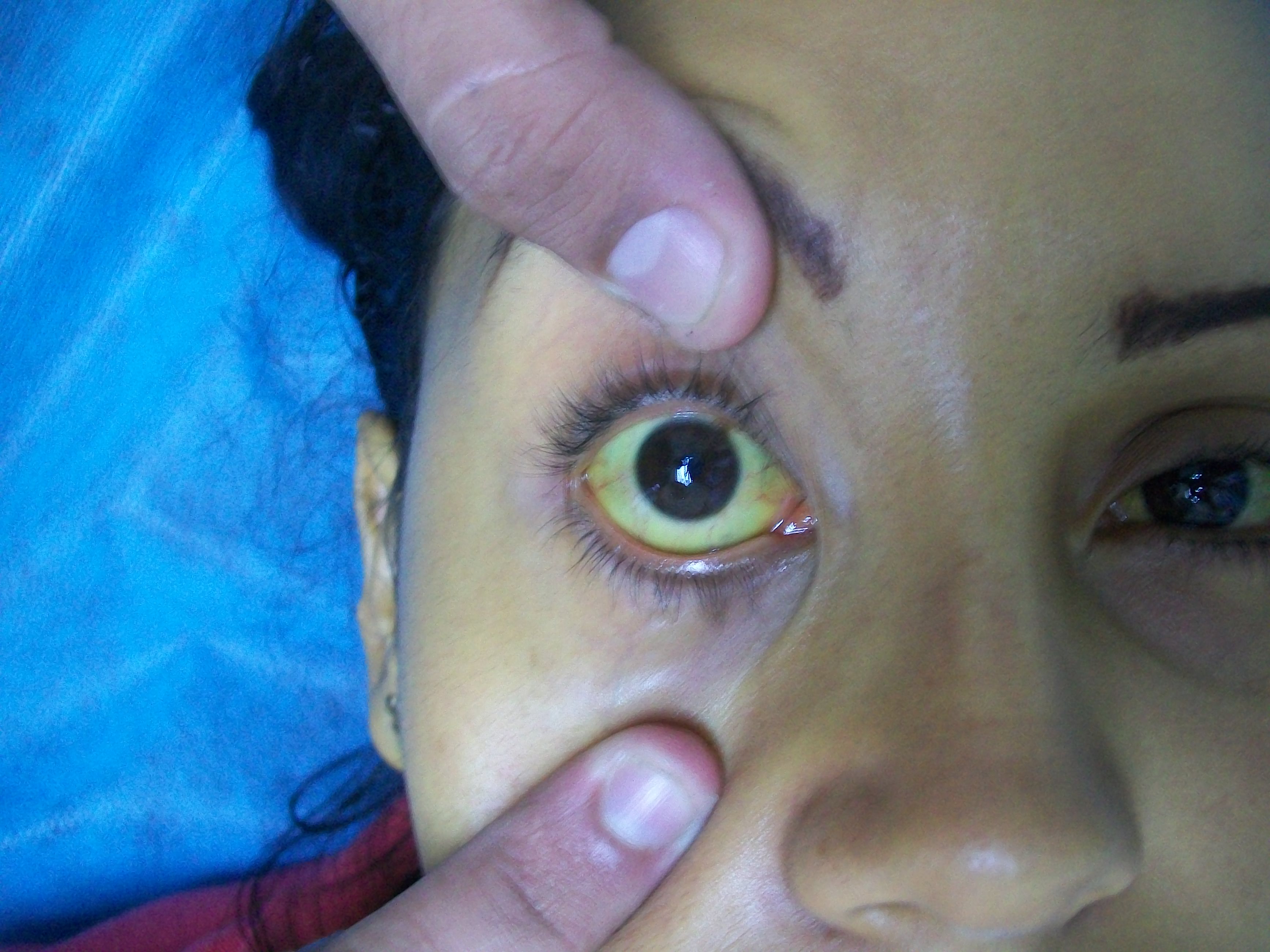Acute cholecystitis physical examination
Jump to navigation
Jump to search
|
Acute cholecystitis Microchapters |
|
Diagnosis |
|---|
|
Treatment |
|
Case Studies |
|
Acute cholecystitis physical examination On the Web |
|
American Roentgen Ray Society Images of Acute cholecystitis physical examination |
|
Risk calculators and risk factors for Acute cholecystitis physical examination |
Editor-In-Chief: C. Michael Gibson, M.S., M.D. [1]; Associate Editor(s)-in-Chief: Dildar Hussain, MBBS [2]
Overview
Patients with acute cholecystitis usually appear ill. Physical examination of patients with acute cholecystitis is remarkable for right upper quadrant abdominal tenderness, positive murphy's sign, and fever. The presence of murphy's sign on physical examination is highly suggestive of acute cholecystitis.
Physical Examination
 |
- The presence of positive murphy's sign on physical examination is highly suggestive of acute cholecysitis.[2][3][4][5][6][7][8][9]
Appearance of the Patient
- Ill appearing
- In severe distress
Vital Signs
- High-grade fever
- Tachycardia with regular pulse
- Tachypnea
Skin
Abdomen
- Right upper quadrant abdominal tenderness
- Rebound tenderness
- Palpable gallbladder, positive Courvoisier's sign[10]
- Voluntary and involuntary guarding may be present
- Murphy's test positive
Neuromuscular
- Patient is usually well oriented
- Altered mental status can be observed in some patients
References
- ↑ By Bobjgalindo - Own work, GFDL, https://commons.wikimedia.org/w/index.php?curid=10762793
- ↑ Adedeji OA, McAdam WA (1996). "Murphy's sign, acute cholecystitis and elderly people". J R Coll Surg Edinb. 41 (2): 88–9. PMID 8632396.
- ↑ Diehl AK (1992). "Symptoms of gallstone disease". Baillieres Clin. Gastroenterol. 6 (4): 635–57. PMID 1486206.
- ↑ Strasberg SM (2008). "Clinical practice. Acute calculous cholecystitis". N. Engl. J. Med. 358 (26): 2804–11. doi:10.1056/NEJMcp0800929. PMID 18579815.
- ↑ Singer AJ, McCracken G, Henry MC, Thode HC, Cabahug CJ (1996). "Correlation among clinical, laboratory, and hepatobiliary scanning findings in patients with suspected acute cholecystitis". Ann Emerg Med. 28 (3): 267–72. PMID 8780468.
- ↑ Cooper C (1997). "Acute cholecystitis". Ann Emerg Med. 29 (4): 554–5. PMID 9095024.
- ↑ Fitzgerald JE, White MJ, Lobo DN (2009). "Courvoisier's gallbladder: law or sign?". World J Surg. 33 (4): 886–91. doi:10.1007/s00268-008-9908-y. PMID 19190960.
- ↑ Katabathina VS, Zafar AM, Suri R (2015). "Clinical Presentation, Imaging, and Management of Acute Cholecystitis". Tech Vasc Interv Radiol. 18 (4): 256–65. doi:10.1053/j.tvir.2015.07.009. PMID 26615166.
- ↑ Jain A, Mehta N, Secko M, Schechter J, Papanagnou D, Pandya S, Sinert R (2017). "History, Physical Examination, Laboratory Testing, and Emergency Department Ultrasonography for the Diagnosis of Acute Cholecystitis". Acad Emerg Med. 24 (3): 281–297. doi:10.1111/acem.13132. PMID 27862628.
- ↑ Munzer D (1999). "Assessment of Courvoisier's law". Saudi J Gastroenterol. 5 (3): 106–12. PMID 19864733.